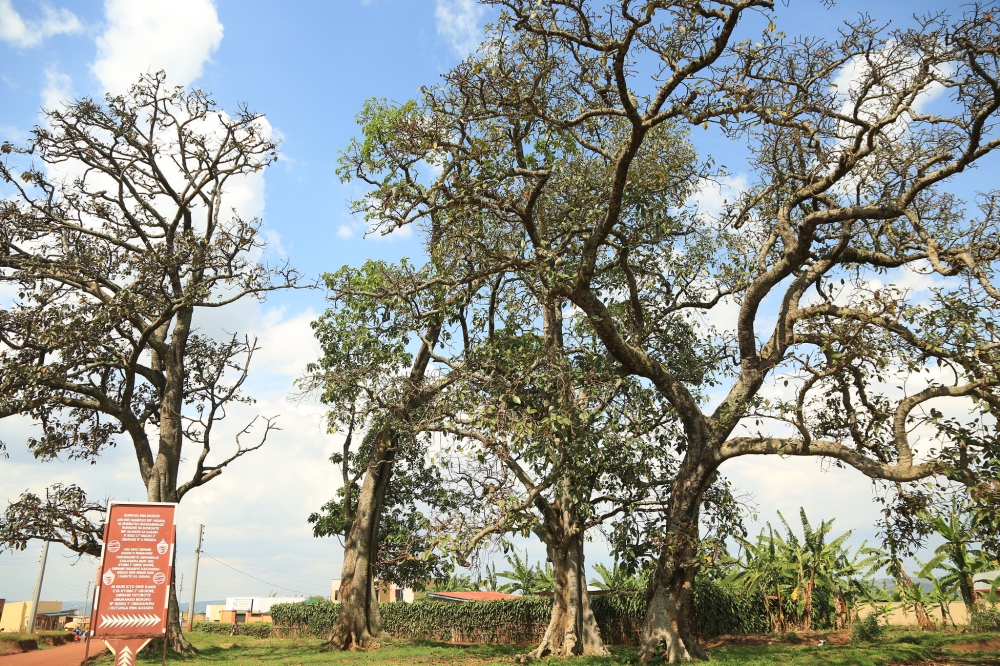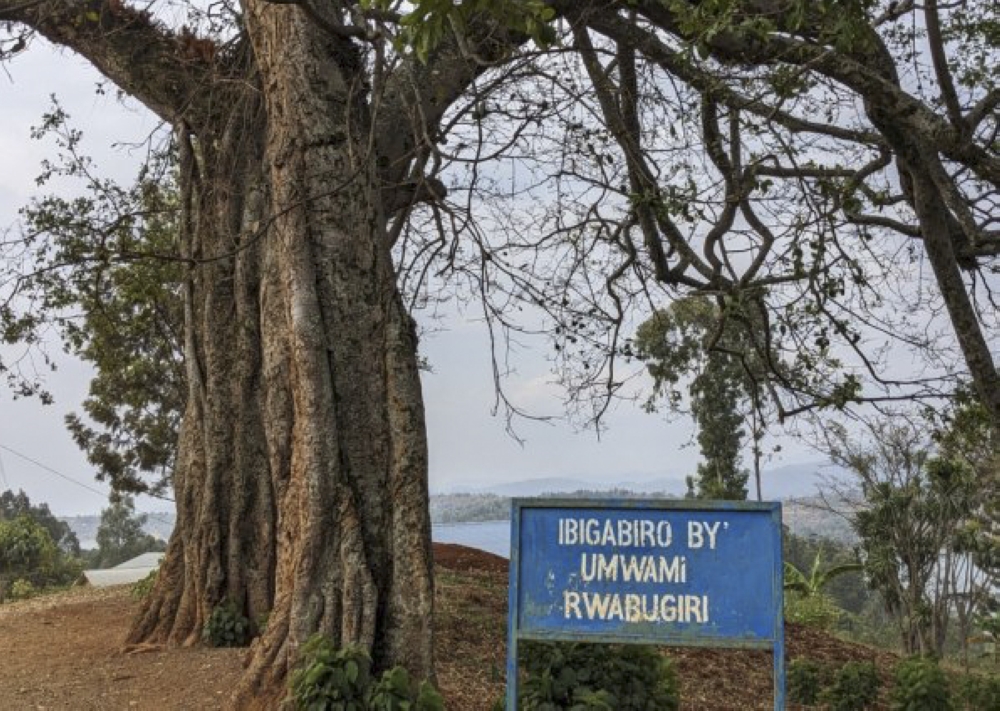

King Kigeli IV Rwabugiri led numerous military campaigns, with only death halting his expansionist agenda. Rwabugiri’s eleventh expedition, and third against Ijwi Island, targeted Nkundiye, the son of Kabego and chief of Ijwi.
Nkundiye had once been a guest at Rwabugiri’s residence in Rubengera, located in present-day Karongi district. Upon his return, Nkundiye rebelled against Rwabugiri authority over Ijwi Island.
Having secured his power over the island, Rwabugili sought to quash Nkundiye’s rebellion. Nkundiye had fallen out with his son, Gatebera, and fled to Shovu Island, one of the many islands comprising Ijwi.
When Rwabugiri’s forces arrived, Gatebera pledged to hand over his father to the king.


Although Gatebera would have naturally succeeded Nkundiye, his uncle Mihigo, viewing him as a traitor, sentenced him to death. In the end, Rwabugiri annexed Ijwi to Rwanda, establishing two royal residences—one in the south at Murambo and another in the north at Munyange.
Rwabugiri’s representatives remained on the island until his death. In 1894, following this successful expedition, the king returned to Rwanda to meet German explorer Von Gotzen.
The twelfth expedition, known as the "Battle of Mukanywiriri" due to its location in a papyrus swamp, was against Bunyabungo. The Banyabungo used their knowledge of the terrain to defeat the Rwandan forces.
However, Rwabugiri quickly adjusted his strategy. A Murundi chief named Cyoya, a trusted ally of Rwabugiri, provided warriors renowned for their bravery. Thanks to this support, Rwabugili’s forces emerged victorious, although no territorial occupation followed. Instead, Rwabugili distributed land to his confidants.
King Rwabugiri then launched his thirteenth military expedition, which targeted Buha in what is now Tanzania. This was his only campaign against the region.
Rwabugili's fourteenth expedition was again directed at Bunyabungo. This time, a local figure named Rutaganda, along with his mother, attempted to revolt but was swiftly defeated. Rwabugiri responded by installing Rwandan chiefs to collect tributes and built royal residences throughout Bunyabungo.
The Fifteenth Expedition: Targeting Nkole
During the campaign in Bunyabungo, Rwabugiri received word of an invasion by Nkole in Umutara.
Historians recount that Ntare V Rwamigereka of Nkole had attempted to negotiate with Rwabugiri through border chiefs, requesting a prized breed of inyambo cattle that only existed in Rwanda. Rwabugiri refused the request.
Seizing the opportunity, Ntare launched a surprise attack on Umutara, capitalising on the absence of a strong Rwandan presence. The attack resulted in the theft of cattle, including the coveted inyambo, and the destruction of Rwabugiri’s royal residence at Rutaraka, near present-day Nyagatare town.
Upon learning of the invasion, Rwabugiri immediately returned to Rwanda and ordered the assembly of his forces in Gatsibo, located in what is now Gatsibo district.
This expedition was code-named "Igitero cy’imigogo” (the attack of armed columns in Runyankole). The commander of this force was Chief Nyamuhenda, the son of Kajeje, with Rwabugiri himself participating in the campaign.
Rwabugiri’s forces ravaged Nkole, pursuing Ntare, who fled the country after learning of Rwabugiri’s advance. Rwabugili even settled in the residence of the Nkole king in Mbarara.
Despite receiving rifles from European allies, Ntare suffered a devastating defeat when he attempted to attack the Rwandan forces.
Rwabugiri conducted a total of 16 military expeditions. His final campaign took him once again to Bunyabungo. It was during this fourth expedition against Bunyabungo that the king fell ill and died. He was laid to rest at Lambula in Rutare sector, located in present-day Gicumbi district.


